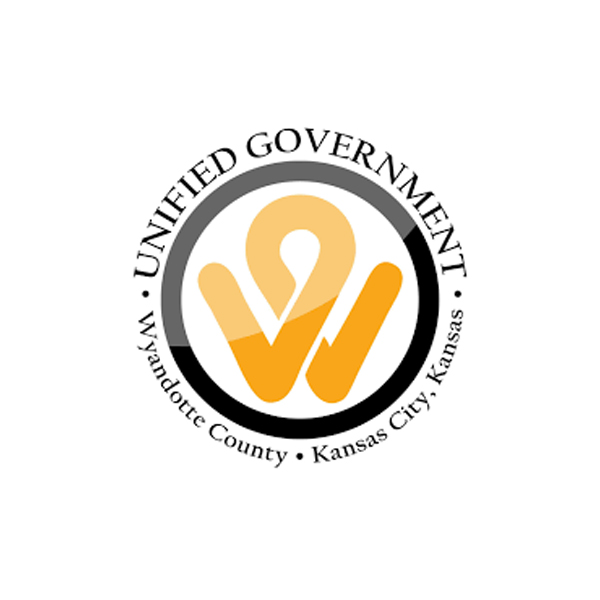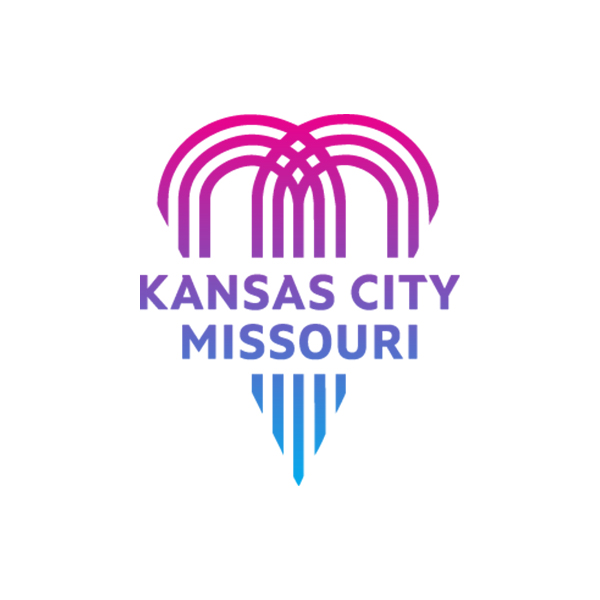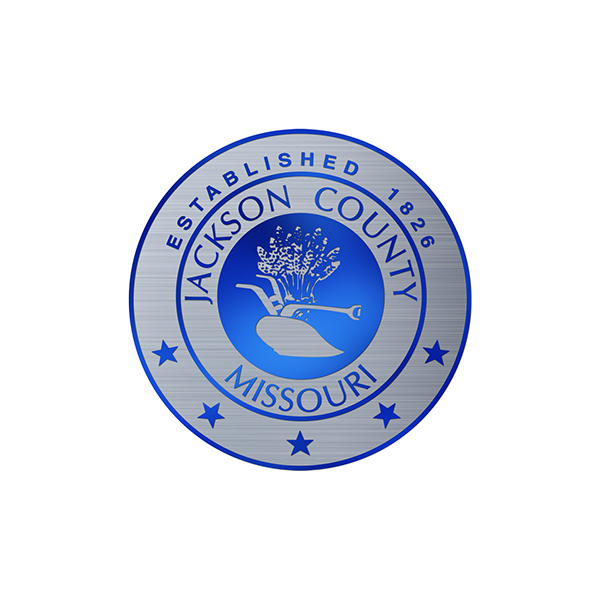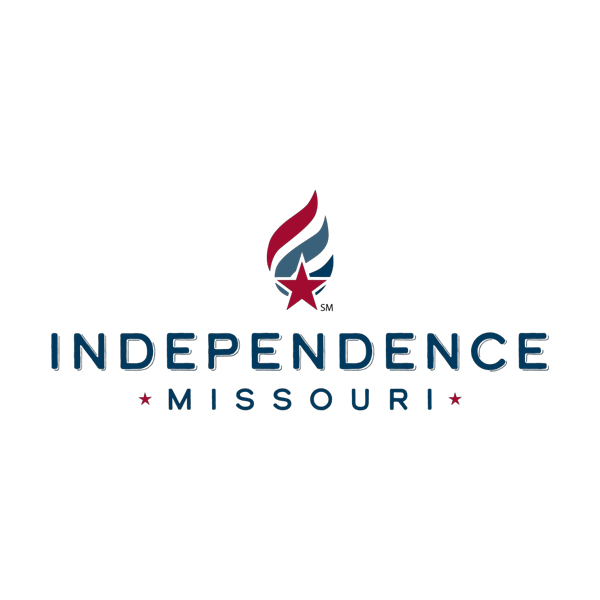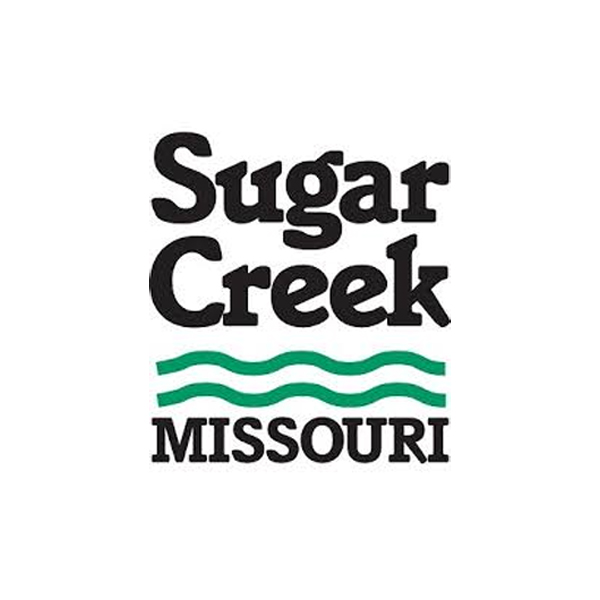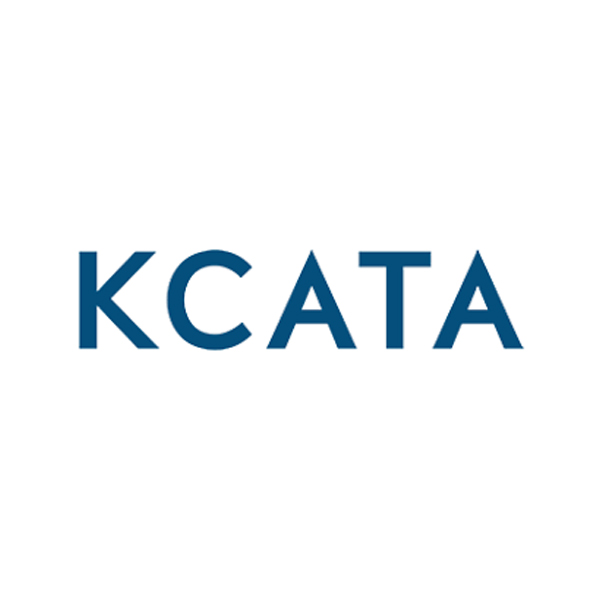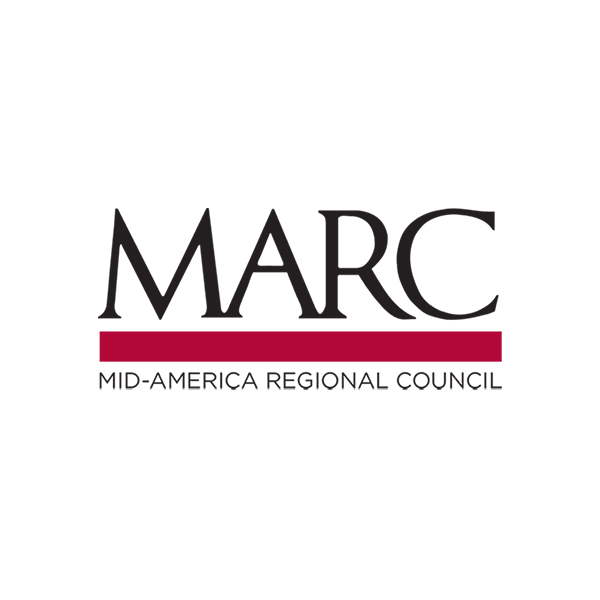
Goals
The Bi-State Sustainable Reinvestment Corridor project will connect four cities in two states and two counties, to implement plans for a 24-mile, zero-emission regional transit route to support cleaner air. Overall project goals are to:
- Updating existing transportation plans in multiple jurisdictions.
- Completing project development and environmental documentation for zero-emission transportation elements.
- Completing advanced conceptual engineering design for one or more high-capacity transit routes.
The comprehensive approach to corridor planning includes zero-emission transit, public infrastructure upgrades, energy-efficient housing, equitable Transit-Oriented Development (TOD), area-wide broadband, pedestrian and bicycle infrastructure, and workforce training associated with green stormwater infrastructure.
A Strong Foundation
This program builds on, and supports, numerous and extensive community planning initiatives already completed or underway for various elements and segments along the corridor. Studies include, but are not limited to:
Funding
The U.S. Department of Transportation awarded a competitive $5.6 million Rebuilding American Infrastructure with Sustainability and Equity (RAISE) Grant to the Mid-America Regional Council to conduct this work in partnership with the Kansas City Area Transportation Authority and the cities and counties along the corridor. This funding will be used for planning activities for the east-west high-capacity transit corridor and related improvements.
Funding for this study was secured as part of a bi-state effort by Congressman Emanuel Cleaver II and Congresswoman Sharice Davids.
- About RAISE
The Rebuilding American Infrastructure with Sustainability and Equity, or RAISE Discretionary Grant program, provides a unique opportunity for the federal Department of Transportation to invest in road, rail, transit and port projects that promise to achieve national objectives.
The eligibility requirements of RAISE allow project sponsors at state and local levels to obtain funding for multi-modal, multi-jurisdictional projects that are more difficult to support through traditional Department of Transportation programs.
RAISE can provide funding directly to any public entity, including municipalities, counties, and port authorities, in contrast to traditional federal programs which provide funding to very specific groups of applicants. This flexibility allows RAISE and our traditional partners at state and local levels to work directly with a host of entities that own, operate, and maintain much of our transportation infrastructure, but otherwise cannot turn to the federal government for support.
Project Partners
The partners involved in the corridor project include civic and business organizations, along with the Unified Government of Wyandotte County and Kansas City, Kansas; City of Kansas City, Missouri; Jackson County, Missouri; City of Independence, Missouri; City of Sugar Creek, Missouri; Kansas City Area Transportation Authority; and MARC.
Timeline
Phase I engagement and conceptual design of this project is underway now, and will conclude in mid-2025, followed by the more detailed engineering and early implementation programs of Phases 2 and 3.
| Phase 1 | 2024-25 | Positioning the corridor for early action on large-scale, strategic investments via a variety of new federal funding opportunities. |
| Phase 2 | 2025-26 | Accelerating implementation of planned community-based investments. |
| Phase 3 | 2026-27 | Demonstrating the potential of integrated investments in *zero-emission transportation, green infrastructure, affordable housing, workforce development, child care access, and other basic services to enhance neighborhood vibrancy, affordability, equity and connectivity as a model for other corridor-based programs. |
* Zero emission transportation: Fast, frequent transit on electric buses; new mobility hubs; pedestrian and bicycle infrastructure.
